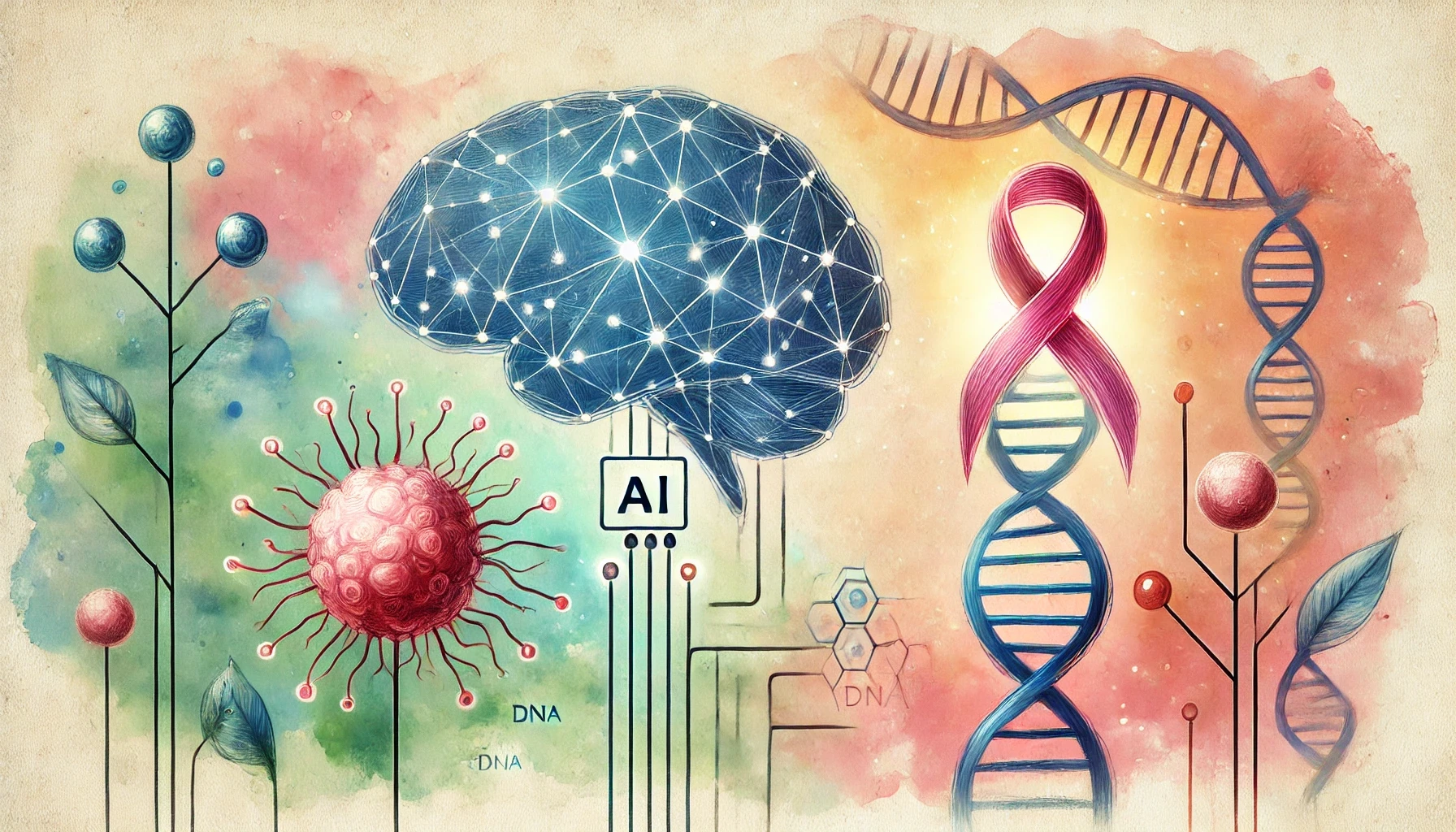Engineered Human Therapies
AI Tool Enhances Cancer Therapy Response
Combining mRNA profiling with histopathology images, DeepPT revolutionizes personalized cancer medicine by significantly enhancing patient response rates
Jul 3, 2024
[DALL-E]
A groundbreaking artificial intelligence (AI) tool, DeepPT, promises to revolutionize cancer treatment by selecting the most suitable therapies for patients. Developed by researchers at The Australian National University (ANU) in collaboration with the National Cancer Institute in the US and pharmaceutical company Pangea Biomed, DeepPT utilizes advanced technology to predict a patient’s messenger RNA (mRNA) profile, which is crucial for personalized cancer medicine. This study, published in Nature Cancer, marks a significant and impactful advancement in cancer treatment.

Dr. Danh-Tai Hoang, the lead author from ANU, explains that when combined with another tool called ENLIGHT, DeepPT effectively predicts a patient’s response to various cancer therapies. “We know that selecting a suitable treatment for cancer patients can be integral to patient outcomes,” Dr. Hoang emphasized. DeepPT was trained on data from over 5,500 patients across 16 common cancer types, including breast, lung, head and neck, cervical, and pancreatic cancers. The results were impressive, with patient response rates improving from 33.3% without using the model to 46.5% with it.
DeepPT builds on previous research by ANU scientists who developed a tool to classify brain tumors. Both AI tools utilize histopathology images—microscopic pictures of patient tissue—offering a significant advantage. “This cuts down on delays in processing complex molecular data, which can take weeks,” Dr. Hoang noted. “Any kind of delay poses a real challenge when dealing with patients with high-grade tumors who might require immediate treatment. In contrast, histopathology images are routinely available, cost-effective, and timely.”
By reducing delays and improving the accuracy of treatment selection, DeepPT and similar AI tools hold the potential to dramatically enhance patient outcomes, offering new hope and optimism in the fight against cancer.


















